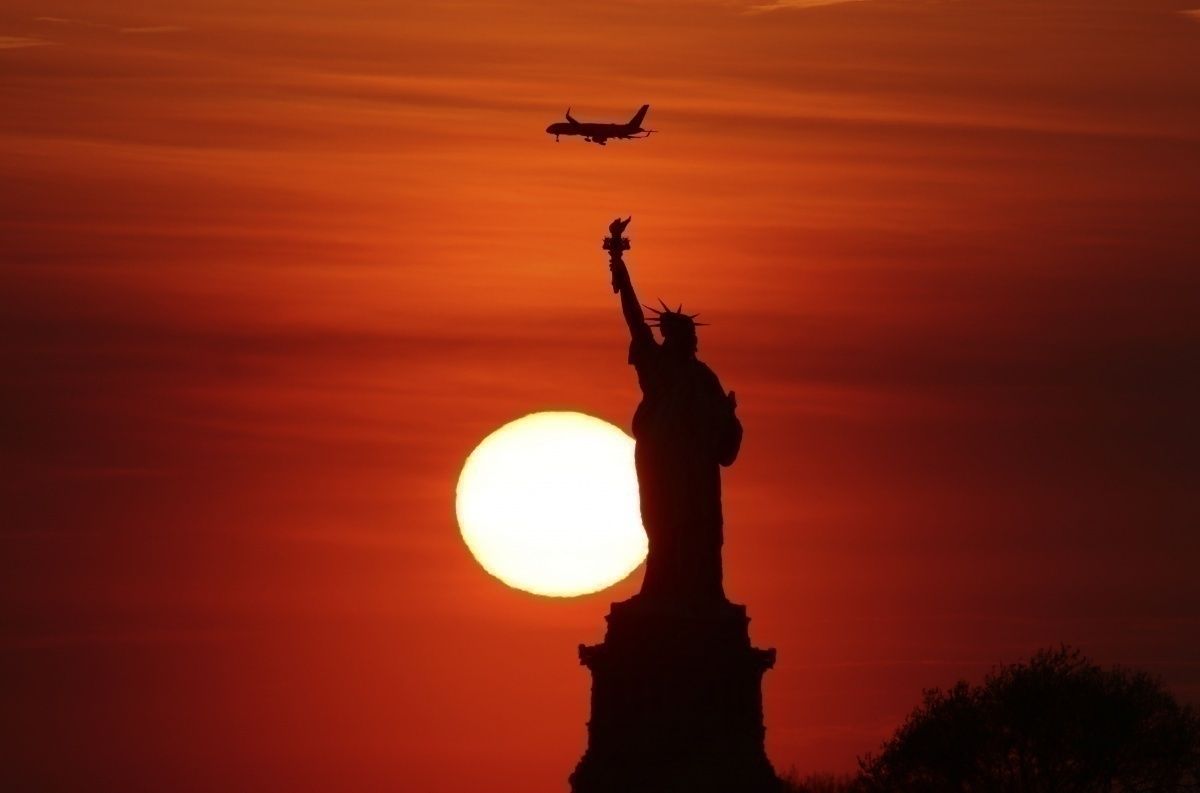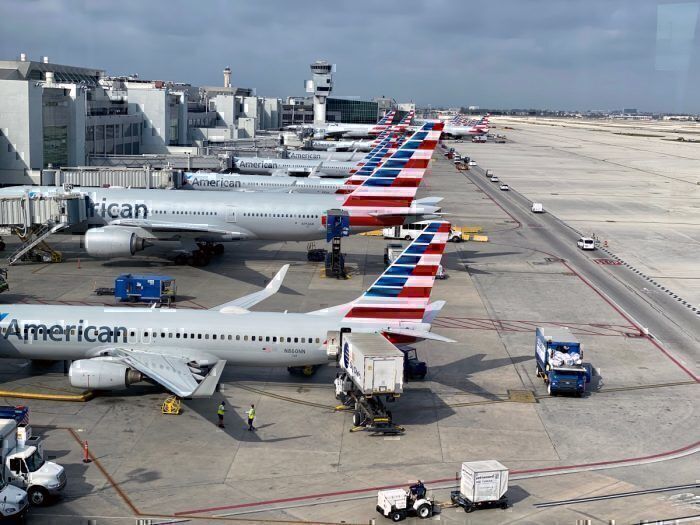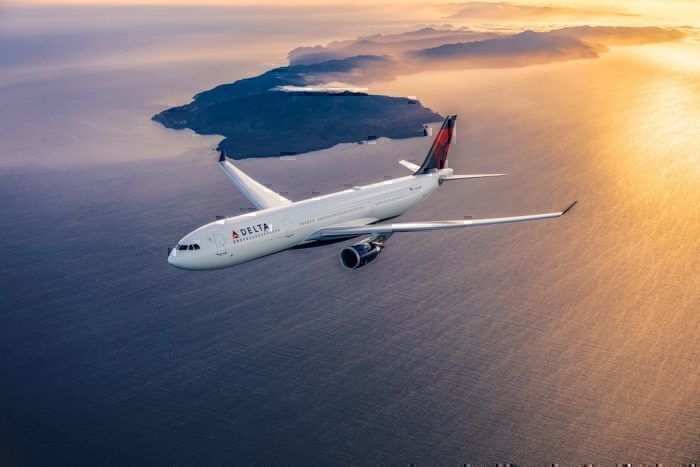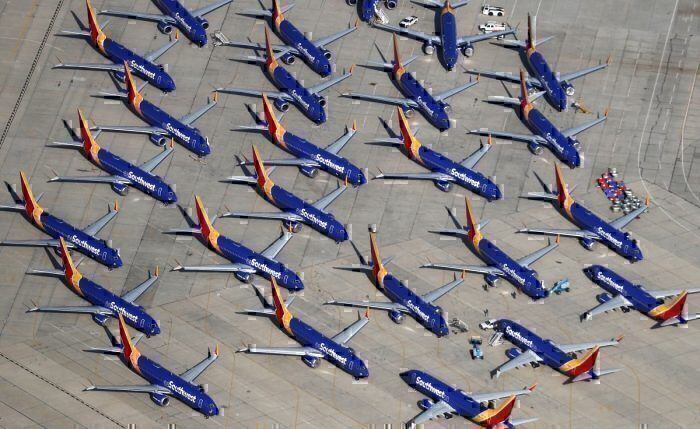The Trump administration has announced that it is working on a $50bn airline bailout package consisting of loans to the troubled US carriers. It is intended to support airlines in surviving the current industry-wide crisis, a decision deemed hugely controversial due to share buybacks conducted by the airlines over recent years.
Without any doubt, the current situation is the single most dramatic disruption to the functionality of the entire airline industry in history. The unthinkable has become a reality, with the industry in the midst of a global crisis. Carriers have found themselves short of cash to cover their costs, as demand collapses to practically zero.
Cash reserves and share buybacks
All of the legacy airlines in the US are running out of cash. The key reason is obviously the coronavirus, however, the surprisingly low cash balances of United ($4.94bn), American Airlines ($3.83bn) and Delta ($2.89bn) are definitely not helping them in staving off the crisis. The cash to revenue ratio is alarmingly low for these three carriers, standing at 8.4% for American Airlines, 11.4% for United and 7.2% for Delta.
What’s interesting is that all US airlines but United have less cash than IAG, Air France-KLM and Lufthansa, despite the significantly more profitable environment in the US compared to Europe. The reality is that, in the last decade, almost all of the US carriers have made enough cash to “fight off the virus”. Cash that they had and could have kept for a crisis like this one. However, they've spent it, mostly on share buybacks.
Over the last 10 years, the leading American carriers have spent around $45 bn on share buybacks. Data from Bloomberg shows that, between 2010 and 2019, United and Delta have respectively spent 80.1% and 50.4% of their free cash flow on share buybacks. In the last five years alone, American Airlines has bought back $13bn worth of its own stock. All that money would have come in very handy now, wouldn’t it?
Why is a bailout a bad idea
Providing the struggling airlines with liquidity sets something of a precedence, almost incentivizing airline managers to load on more debt and spend all the cash in the future. Why would they do anything different if, in the case of a sudden demand shock (9/11 or the pandemic), the government simply jumps in to rescue the airlines?
The terms of the bailout itself are crucial as well. How can the government fairly decide how much to give and to whom? Should you reward the ones with stronger books and who preserved their cash efficiently? Or should you give out unilateral loans to everyone?
Let me just point out that American Airlines is sitting on $20.7bn of long term debt and yet it decided to purchase $13bn worth of stock in the past five years alone. By bailing out the airlines, we incentivize such behavior to continue and discourage that of responsible management, like Southwest or Jet Blue. Both have bought back their shares as well, while preserving enough cash too.
It seems as if airlines have forgotten that unexpected events are the ones that they should ultimately be prepared for. An assumption that the world will indefinitely continue on its rosy path is a naïve and irresponsible one. Yes, of course, coronavirus was impossible to predict and is totally unprecedented, but holding more cash or at least spending it more wisely than on its own stock would have provided a fluffier cushion.
Government support is understandable in such an unusual situation. However, given that one bailout already happened post 9/11 and clearly the industry hasn't learned from that, doesn’t make me believe that, without harsh consequences, anything will change.
Some say that stock buybacks should be banned; I don't believe that's the way to go either. That just makes the entire pseudo-capitalistic industry even more constrained. The real issue is the previously established precedence of bailouts for the industry, and a lack of clear rules based on which these interventions happen and under what circumstances they can be performed.
For example, setting some liquidity minimums that would “qualify” airlines for a potential bailout could be an option. As long as we do not let poorly managed airlines fail, the bailouts will never come to an end.
What other options do we have?
The importance of a strong air travel sector to our economies runs deep. So too does our commitment to the hard work and passion of hundreds of thousands of airline employees. These remain the key factors that will lead to the US government providing financial support to its airlines.
The recently announced bailout has been shaped in the form of loans given to airlines in need, but other options can be contemplated. Some have suggested that the airlines should re-issue the repurchased shares in order to obtain the funds, however, given their currently depressed stock prices and an uncertain future, that's an unrealistic solution.
Another option is grants; something along the lines of the 9/11 bailout package. This would provide the airlines with free and immediate cash, however, this has been opposed due to the stock buybacks.
Finally, the state could take equity stakes in the airlines, or could buy a number of aircraft from them, leasing them back to the carrier. This would aviod the handout mentality, while still giving the airlines the liquidity they need.
Feel free to start a discussion in the comments; I will happily respond and participate. I'm curious about what the readers have to say about this issue.




